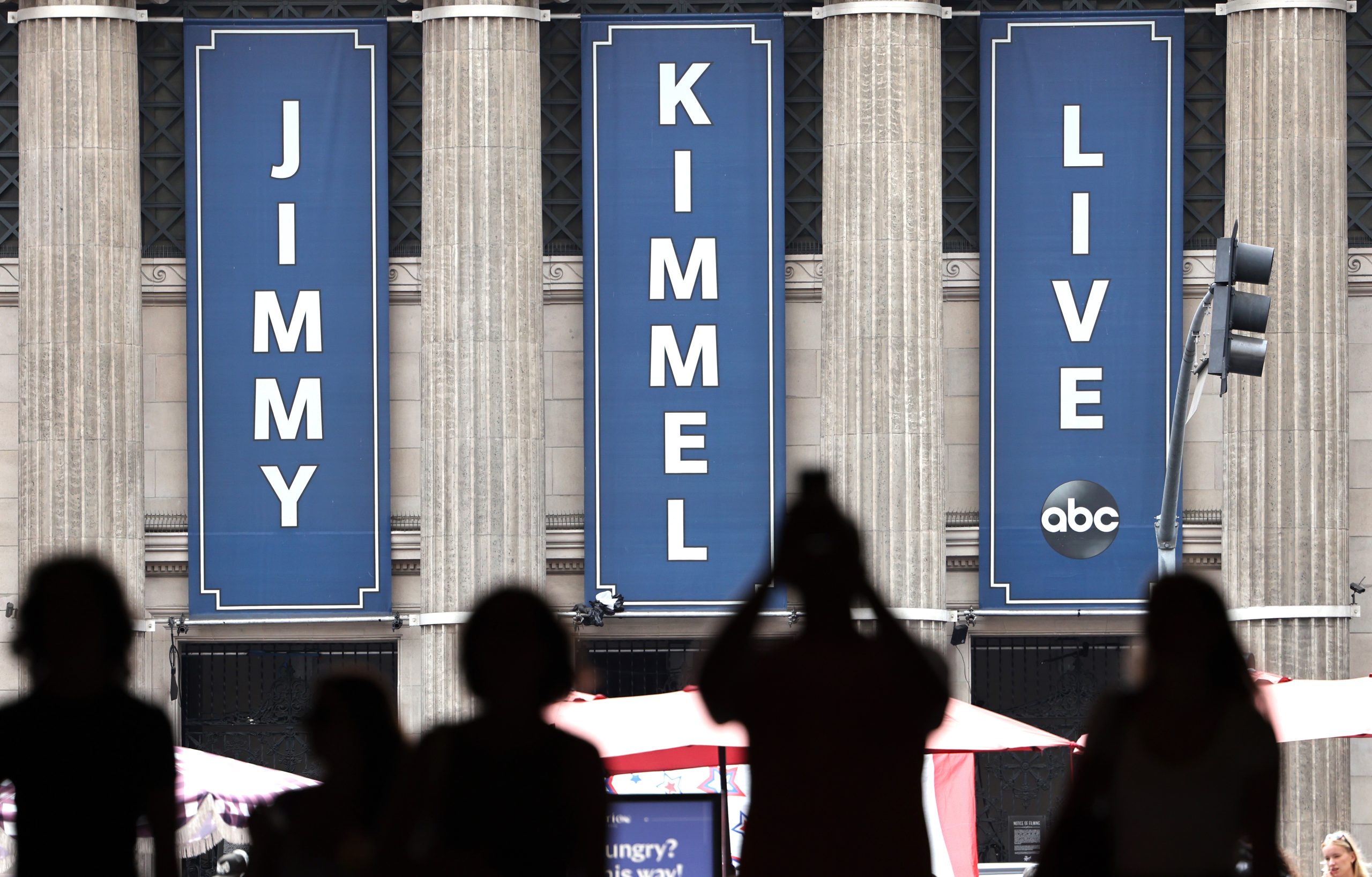The Trump administration’s increasingly aggressive stance against perceived media criticism took a dramatic turn this week with the apparent silencing of late-night host Jimmy Kimmel. The incident highlights a concerning trend of pressure tactics against dissenting voices, raising serious questions about the future of free speech in the United States.
Pressure Tactics and the Kimmel Suspension
Jimmy Kimmel, host of the long-running late-night show “Jimmy Kimmel Live!”, was suspended by ABC on Wednesday following public comments from Brendan Carr, chair of the Federal Communications Commission (FCC) under President Trump. Carr, in a podcast interview, issued an ultimatum: ABC should discipline Kimmel for unspecified criticisms of the administration, or face further FCC action. The statement, delivered with thinly veiled threats, represents a significant escalation in the administration’s ongoing campaign against media outlets deemed critical of its policies. While the exact nature of Kimmel’s comments that prompted Carr’s ire remains unclear, the incident itself underscores a chilling pattern of intimidation.
A Chilling Effect on Media Freedom
The suspension, though ostensibly a decision by ABC, carries the unmistakable weight of government influence. Carr’s public threat created an environment where self-censorship becomes a more appealing option than risking further regulatory scrutiny. This chilling effect on media freedom is precisely the danger inherent in such tactics. Independent journalism thrives on critical examination of power; the ability to freely report and comment, without fear of retribution, is fundamental to a healthy democracy. The Trump administration’s actions suggest a deliberate effort to stifle such criticism, creating a landscape where dissenting voices are silenced or marginalized.
Broader Implications for Free Speech
This incident is not an isolated event. The Trump administration has repeatedly targeted journalists and media organizations it deems hostile, employing various strategies including public condemnation, investigations, and threats of legal action. This persistent campaign of intimidation creates a climate of fear that discourages investigative reporting and robust public discourse. It undermines the very foundations of a free press, a cornerstone of any democratic society. The Kimmel situation serves as a stark warning of the potential consequences when governmental power is used to suppress critical commentary.
Conclusion:
The suspension of Jimmy Kimmel, orchestrated through implied threats from the FCC chair, represents a significant blow to free speech in America. It’s a blatant attempt to control the narrative and silence dissenting voices. While ABC’s decision to suspend Kimmel may be presented as an internal matter, the undeniable influence of the Trump administration casts a long shadow over this event, raising serious concerns about the future of media independence and the broader implications for the First Amendment. The incident demands careful scrutiny and robust defense of the principles of free speech and a free press. The long-term consequences of this type of pressure could be profound and far-reaching.
Based on materials: Vox





